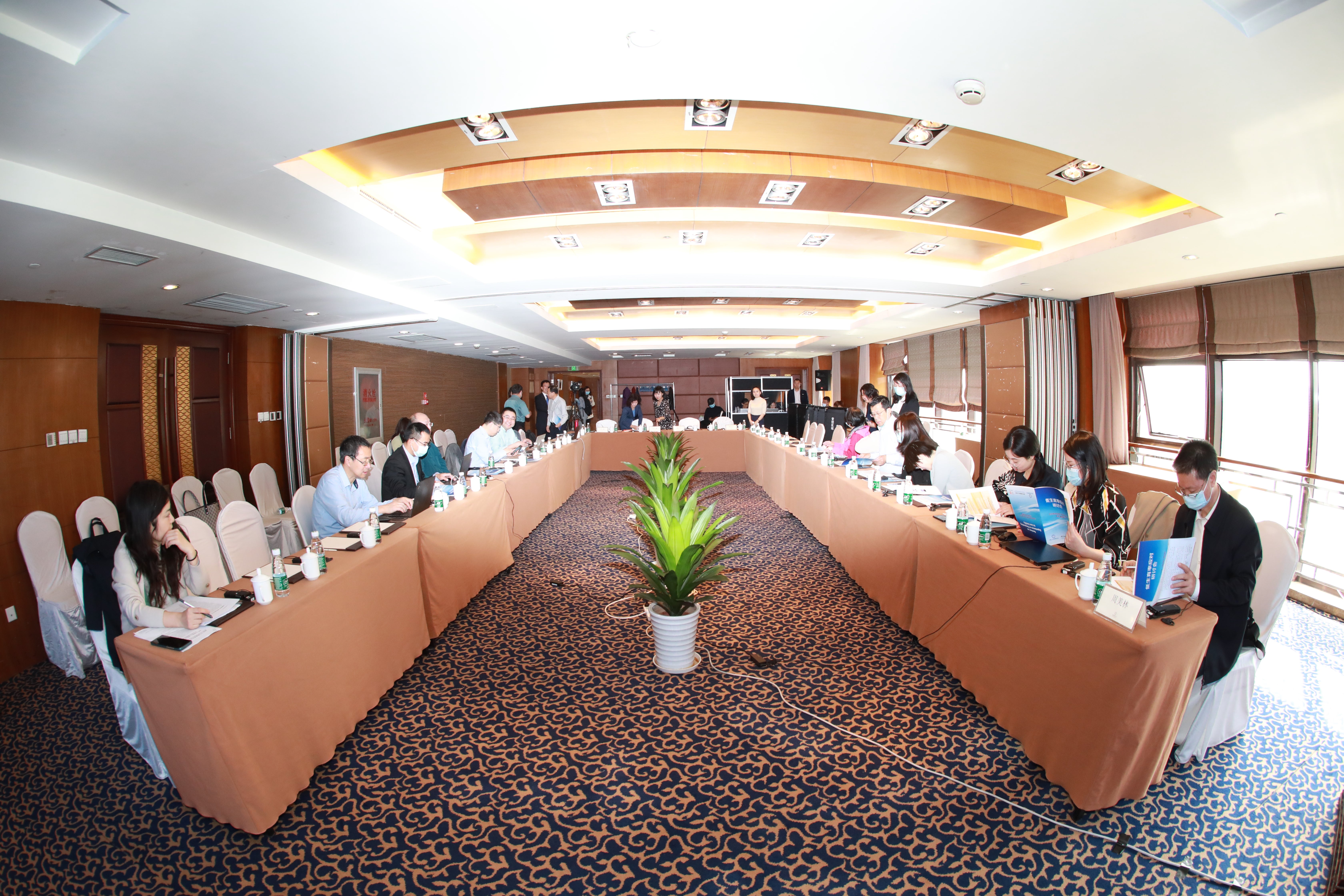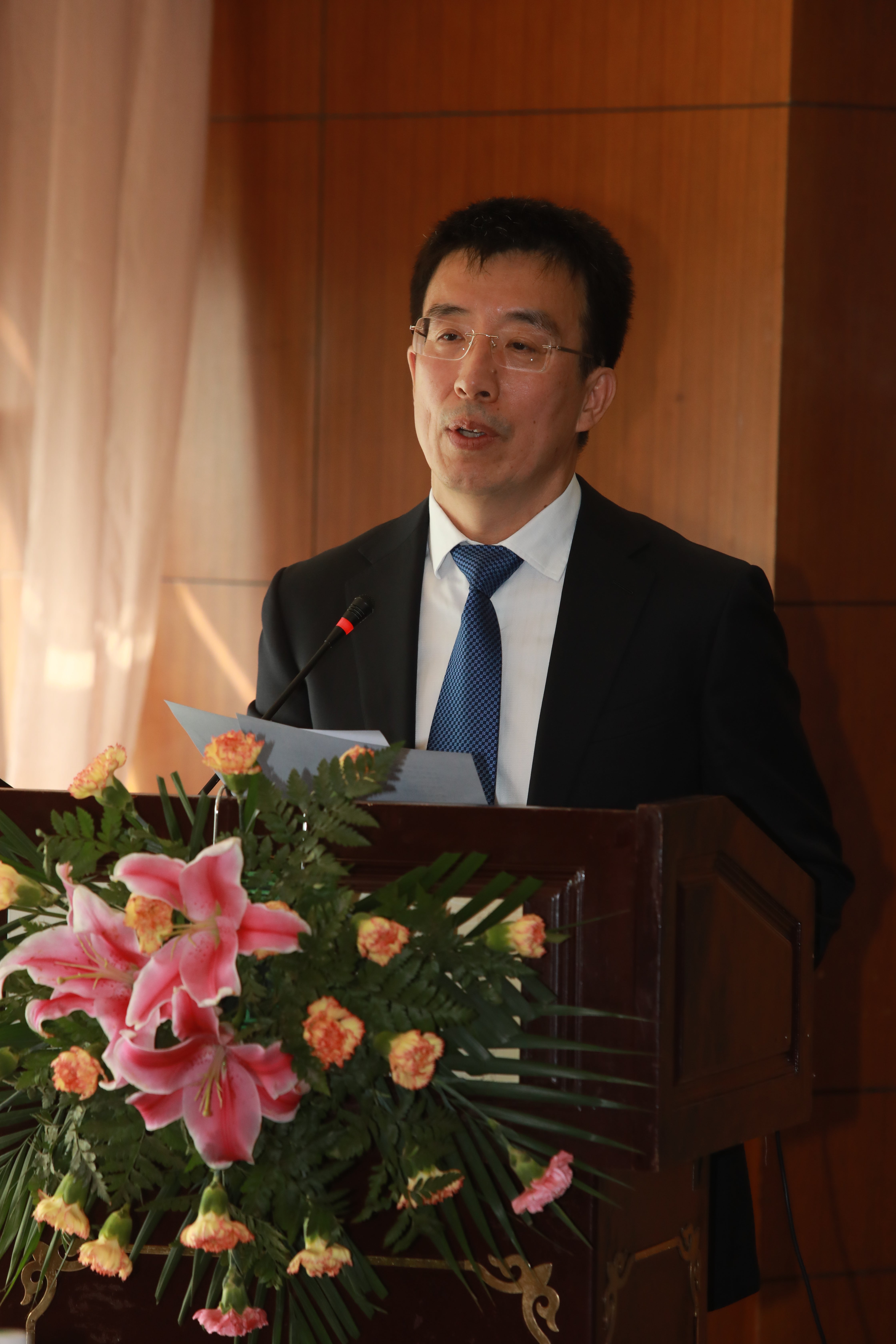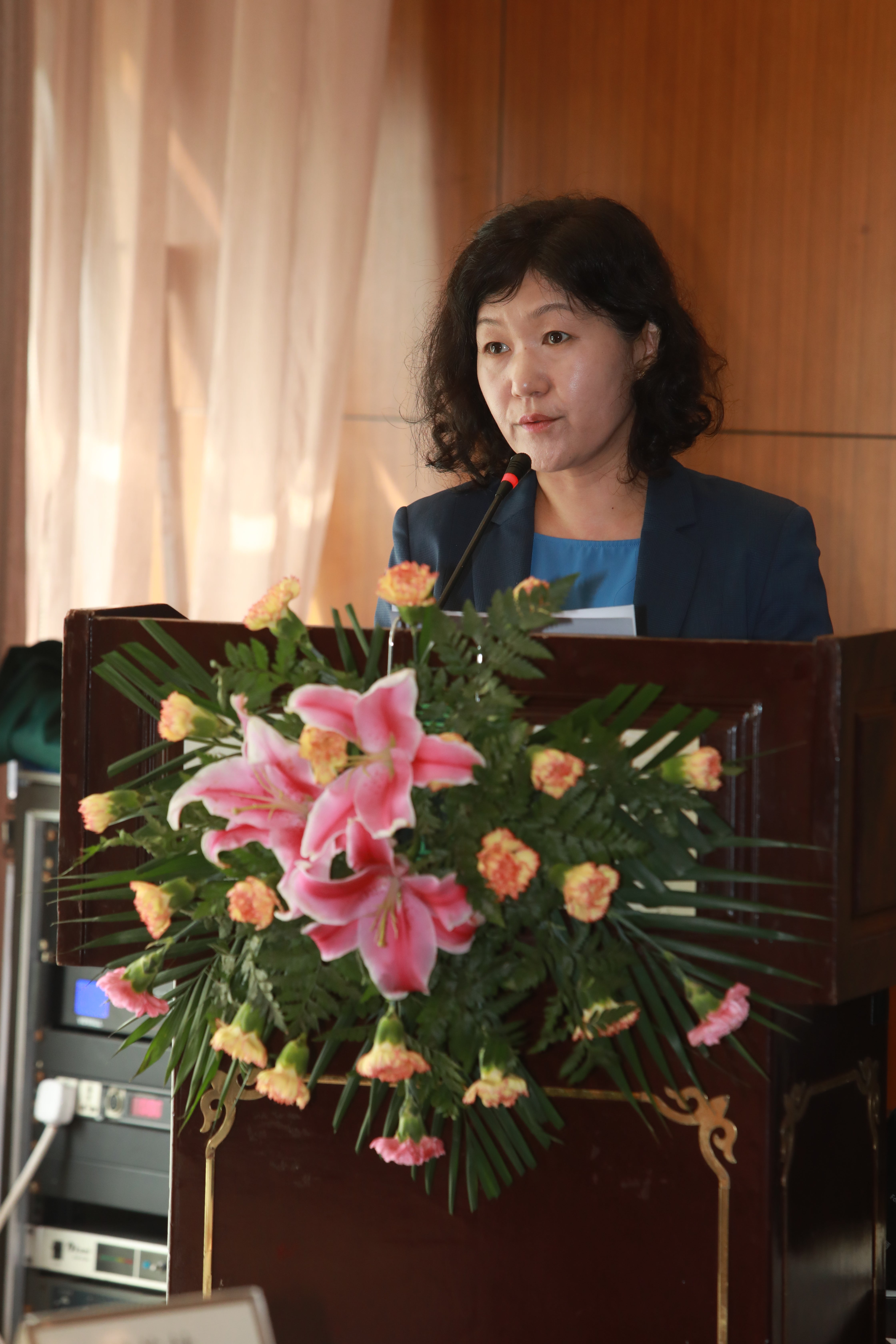BEIJNG, China--The Seminar on Experiences of Responding to Low fertility was held jointly by the Department of Population Monitoring and Family Development of National Health Commission (NHC), China Population and Development Research Centre (CPDRC) and United Nations Population Fund (UNFPA) China Office on 20 April 2021. This seminar, available both offline and online, aimed to discuss the tendency of low fertility and share experiences among countries in responding to low fertility in order to support national responses of China to low fertility and population ageing. There were about a hundred participants from related Government agencies, research institutions, and academia from both China and aboard.

Mr. Yang Wenzhuang, Director-General of the Department of Population Monitoring and Family Development of NHC noted in his speech that the 14th Five-Year Plan and the 2035 Vision released in 2021 outline a goal that socialist modernization will be basically realized by 2035; propose to implement the national strategy to actively respond to population ageing; request to deepen research on population and development strategy; and improve the integrated decision-making mechanism for population and development. Total fertility rate (TFR) has seen a remarkable decline in recent years in China and low fertility and population ageing has emerged to be a main feature of population and development requiring serious attention to study and active efforts to cope with.

In her address to the participants, Ms. Suren Navchaa, Representative a.i. of UNFPA China expressed that UNFPA, guided by the principles of International Conference on Population and Development (ICPD)’s Programme of Action (PoA), has cooperated with the Government of China to address the rapidly changing population development issues over the past four decades. The organization of this seminar marks the beginning of our new country programme of cooperation with China for the next five years during 2021-2025 where supporting national responses to low fertility and population ageing by employing a rights based life-cycle approach has been included as a priority. Nowadays the issue of low fertility and population ageing is not only an issue of developed countries but also an issue of concern for many developing countries. However, there is no policy prescription fits all. Policy and programme responses to low fertility and ageing need to be carefully designed based on a thorough analysis of historical, political, demographic, socio-economic and cultural factors that influence fertility decisions of individuals and couples.

Ms. Suren Navchaa further reiterated that UNFPA sees its role in assisting countries to formulate rights-based and gender responsive policies that are based on global evidence to promote the achievement of fertility decisions of women and couples. These would require the installation of both immediate and short-term policy and mid to long-term policies that addressing some of the root causes related to gender inequality and stereotypes. This is also key to achieving related targets of the SDGs on sexual and reproductive health and rights, as well as gender equality. Toward the beginning of the new country programme (2021-2025), this seminar provides reference for UNFPA China to better support national response to low fertility and population ageing as well as engage in experience sharing among different regions and countries.
Staff and scholars from UNFPA, the French Institute for Demographic Studies, the Vienna Institute of Demography, the Hong Kong University of Science and Technology, Korean Women’s Development Institute, Japan’s National Institute of Population and Social Security Research, Renmin University of China, Southwestern University of Finance and Economics, Capital University of Economics and Business, East China Normal University, Huazhong University of Science and Technology presented at the seminar. Participants had enthusiastic exchanges and discussions centering around the status quo of low fertility and its development trend, contributing factors of low fertility and responsible policy and programme practices.

